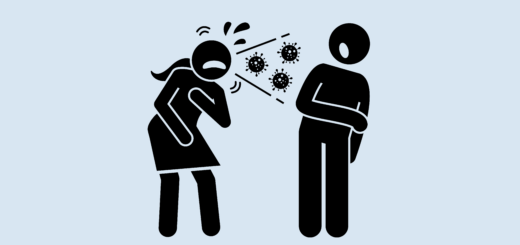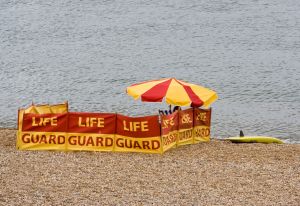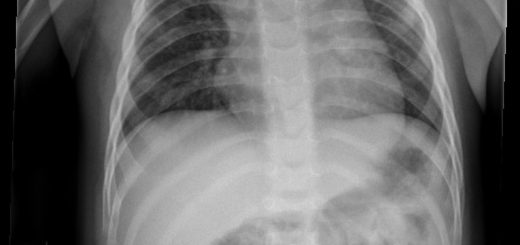First Aid for a Migraine Headache
A migraine is a severe headache, often associated with other symptoms including nausea, vomiting, light sensitivity (photophobia) and noise sensitivity (phonophobia). An aura may occur before the migraine headache starts. An aura is a collection of symptoms which can include visual disturbances, sensory problems or speech problems.
Migraines can be triggered by various factors including lack of sleep, excessive caffeine and stress. Many patients have other individual triggers. For example, certain foods (e.g: chocolate).

Migraines can have a significant impact and are very unpleasant. The migraine headache is often worsened by any physical activity or movement. In severe cases, the migraine headache can last for several days.
Medications are available in order to help treat and prevent migraines. However, simple first aid measures can also help with migraine headaches.
First Aid for a Migraine Headache
- Darken the room: many patients with migraine report unpleasant photophobia, so lying in a dark room is often more comfortable.
- Limit physical activity: the migraine headache is often worsened by any activity or movement, therefore lying down is normally the most comfortable position.
- Ice or cool compresses: some patients find applying a cold compress to the forehead or scalp helpful in relieving the migraine pain.
- Painkillers: Simple painkillers including acetaminophen (paracetamol), ibuprofen or aspirin can help with migraine headaches. Always read the warning labels and seek medical advice if concerned.
- Anti-sickness medication: if nausea/vomiting is a significant symptom, anti-sickness medication can be helpful.
Some people with migraine report an improvement in symptoms after vomiting, or after consuming caffeine. Scalp massage can also be beneficial and acupuncture may be useful for the prevention of migraines.
It’s important to try and identify and avoid any migraine triggers. Keeping a diary of migraine headaches can be very useful, for example by using the calendar on your phone. Doing this can help to identify certain triggers, for example, stressful life events.
Always seek expert medical advice if you are concerned about headaches.





